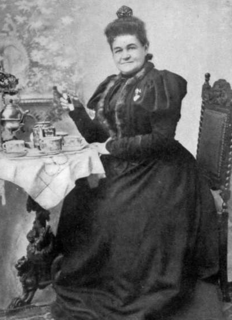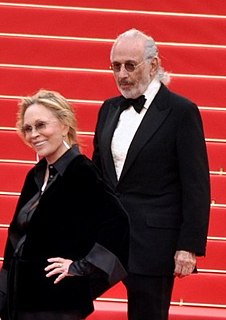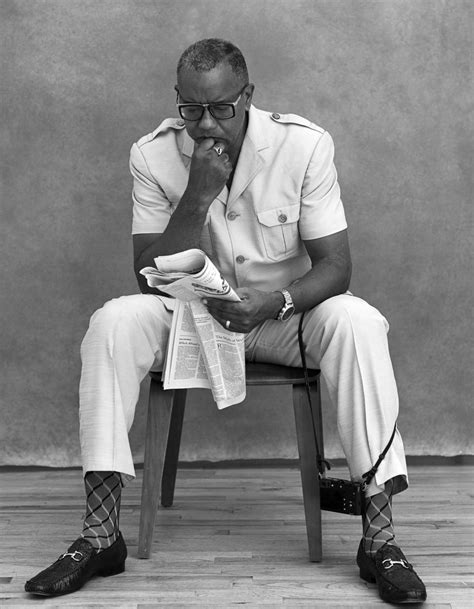A Quote by Barbara Jordan
"We, the people." It is a very elegant beginning. But when that document was completed on the 17th of September in 1787, I was not included in that "We, the people."
Related Quotes
The Constitution of the United States, for instance, is a marvelous document for self-government by the Christian people. But the minute you turn the document into the hands of non-Christian people and atheistic people they can use it to destroy the very foundation of our society. And that's what's been happening.
The word crap is actually another word that's very, very old. It was taken over from 17th century England by the pilgrim fathers and Americans were talking about things being crap in the 17th and 18th centuries. What Sir Thomas Crapper – complete coincidence – does is not invent the flushing toilet, as many, many people believe, but was a great promoter for it. He ran a business marketing other people's products and that's why his name was on them. When the American soldiers came over in the First World War, they all thought it was hilarious that it said 'crapper' on them.
Alexander Liberman was very smart, very elegant. At the end, he didn't have much patience with me because I was a young, anxious, nervous photographer. I worried that I was copying too many other people. And he said, "It's all right to copy people, as long as the people you copy are good and you copy them well."
I think what it was with the war photography was the concerned eye, the desire to document these situations to show the world the horrors of war. It inspired me to document prostitution; inspired me to document homelessness in America. We are the richest country in the world, yet we have people suffering, so it helped me to look at things in that manner.
I've been studying sexism for many years, and it's much easier to document the existence of sexism than it is to document the existence of interventions that reduce it. It's really hard to find ways to change the way people see people in different groups. It should be our goal, and we're working for that, but it's hard.


































